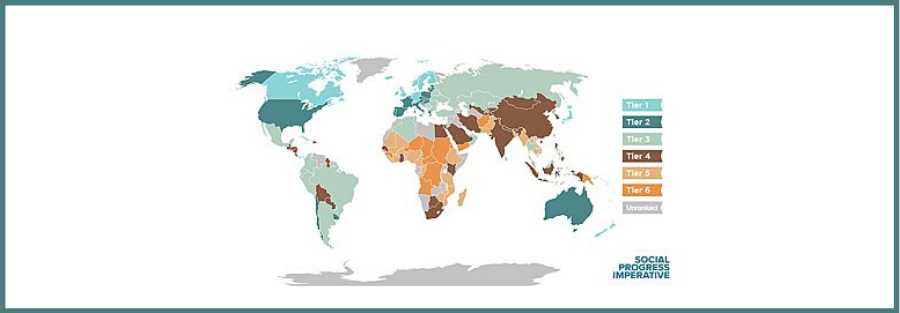Since 2013, the Social Progress Index has assessed country performance based on social dimensions, placing emphasis on quality of living rather than economic gains.
This content is for subscribed members only. If you already have an account, click here to log in.
Not subscribed yet? Click here to create a FREE account to get instant access to our insights.




